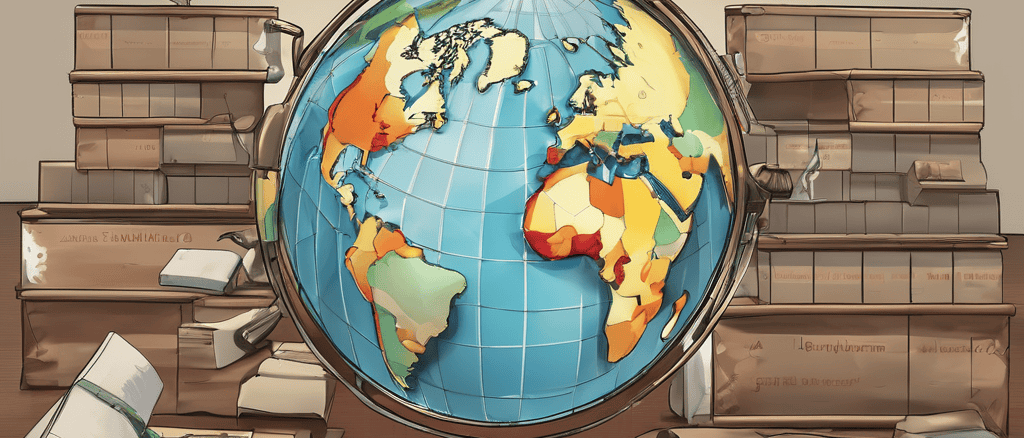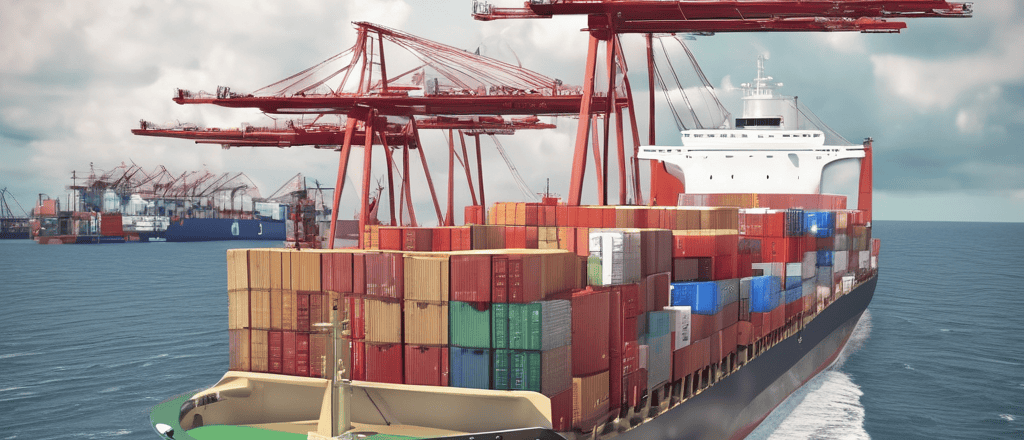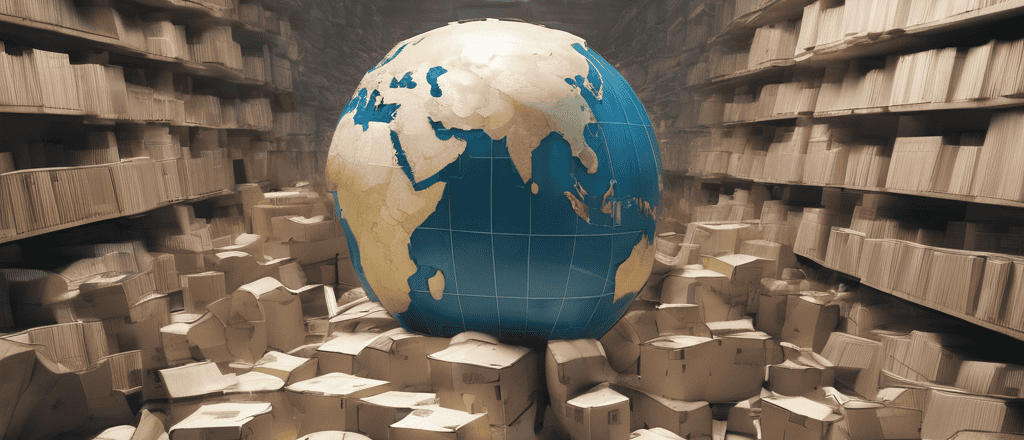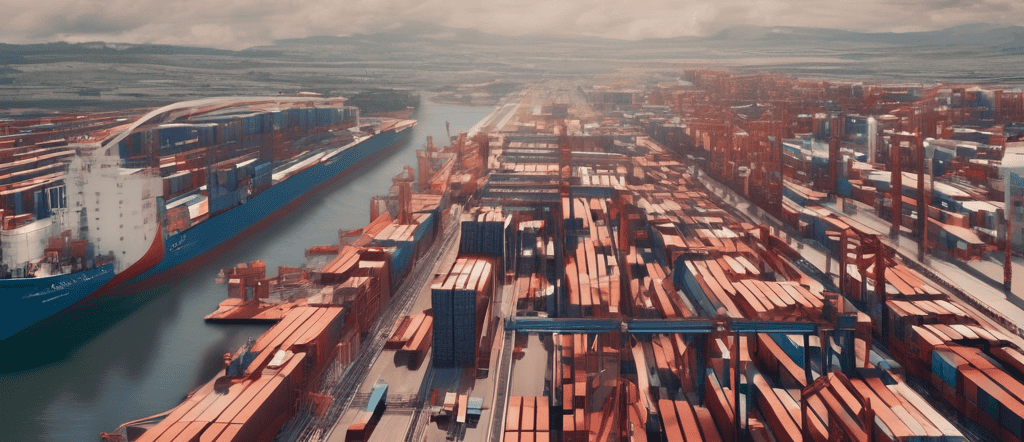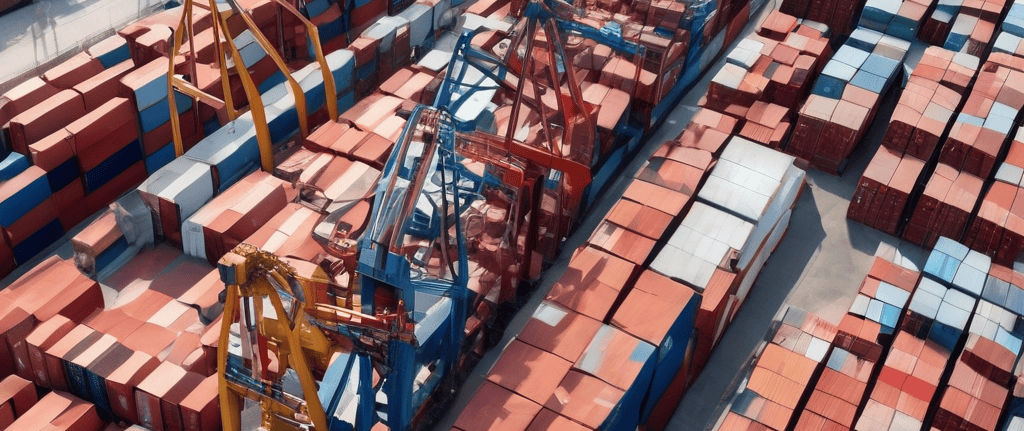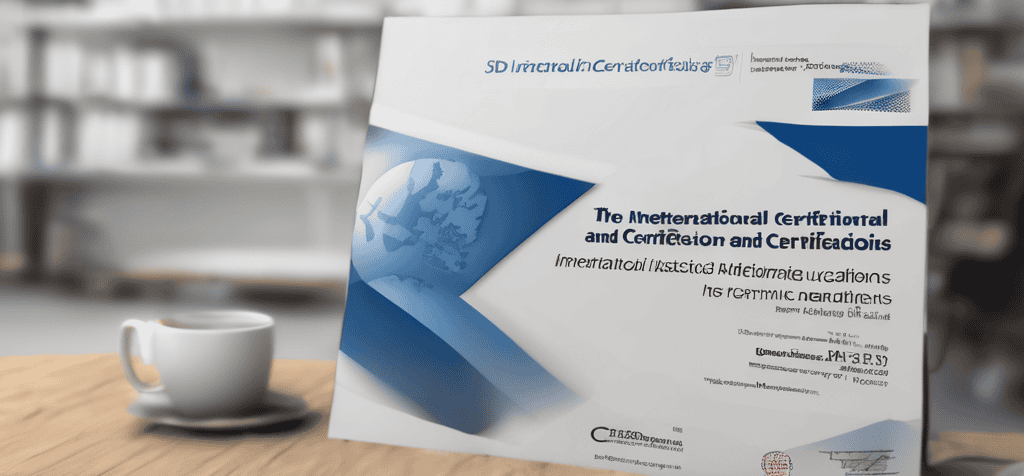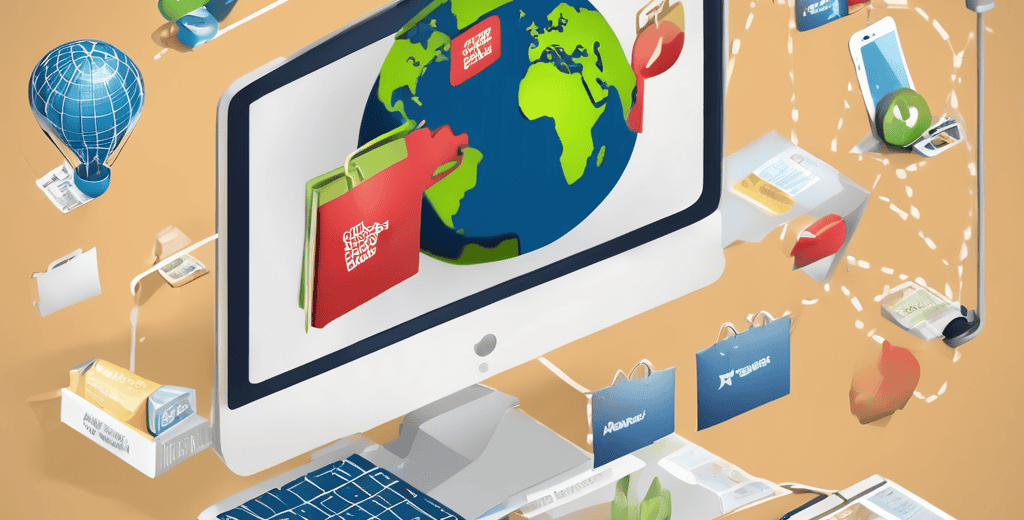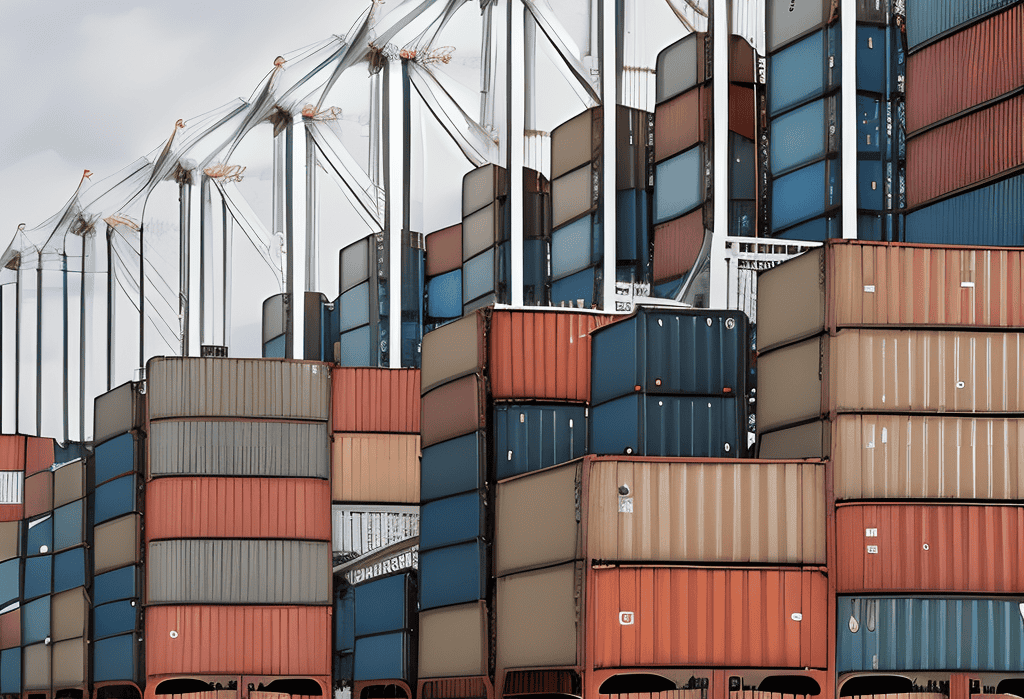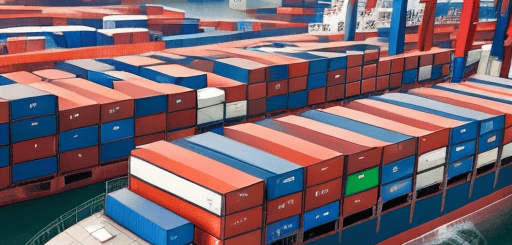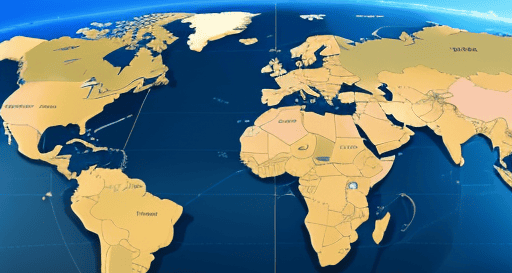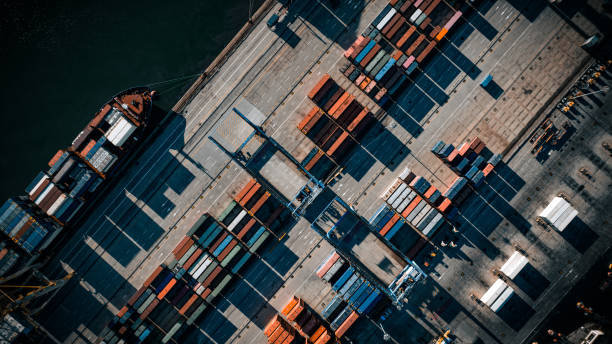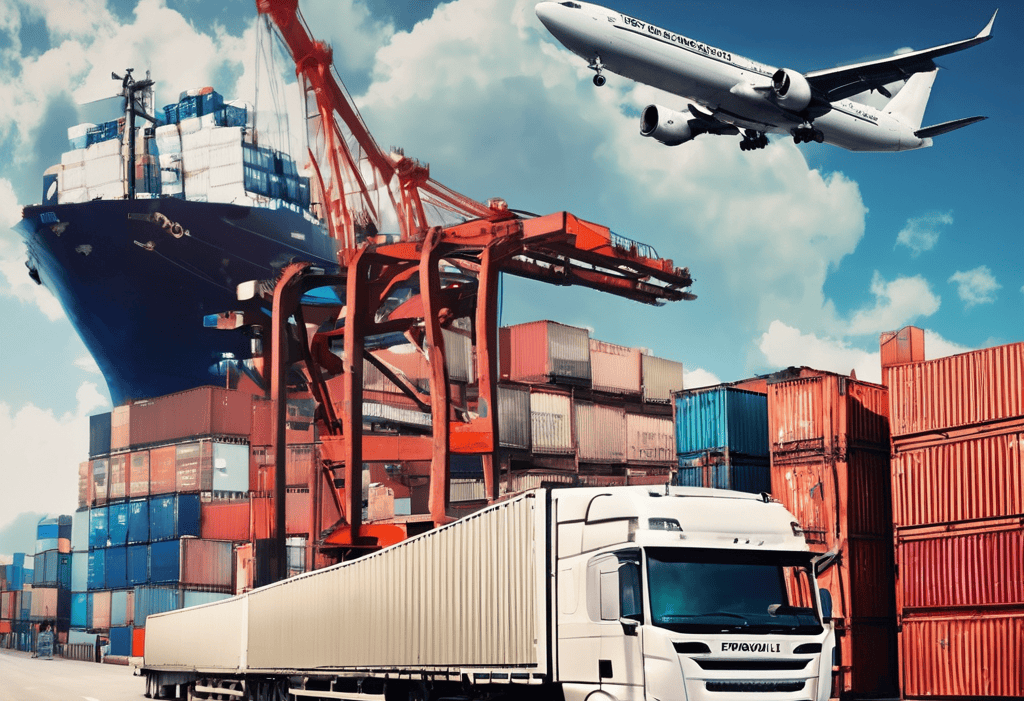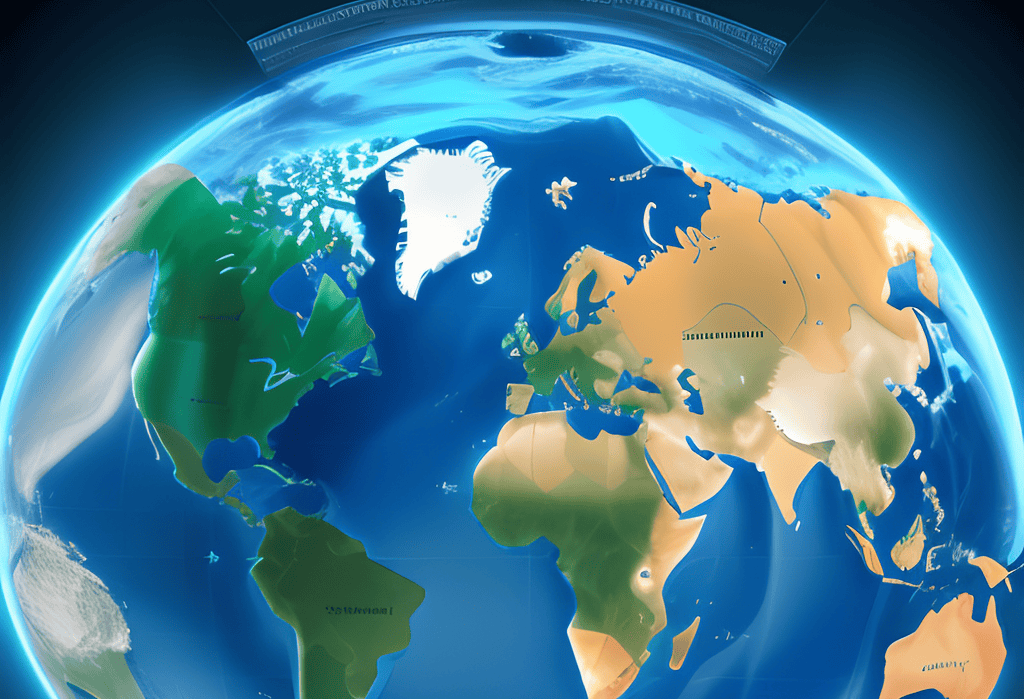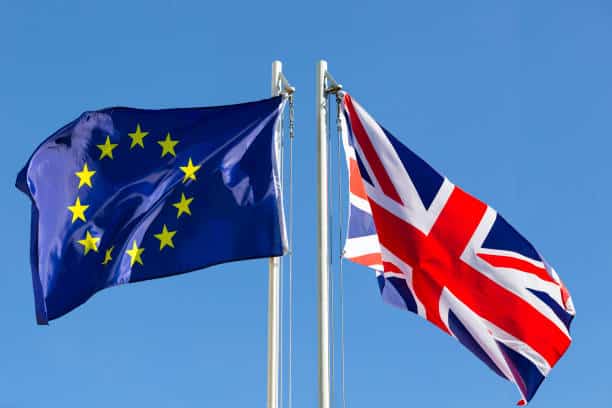Global import and export regulations are essential for managing international trade, ensuring compliance with laws and regulations, and safeguarding various national interests. Tariffs, non-tariff barriers, customs procedures, export controls, and sanctions are key elements of these regulations. Accessing reliable sources such as the WTO, UNCTAD, WCO, and relevant national government websites can provide detailed information on specific regulations and trade requirements for different countries.
Tariffs and Customs Duties
Tariffs and customs duties are taxes imposed on imported and exported goods. They are used to generate revenue for governments, protect domestic industries, and regulate trade flows. Tariff rates vary widely across countries and product categories. The World Trade Organization (WTO) provides a comprehensive database of applied tariffs for various countries, accessible through their Tariff Download Facility (TDF).
Non-Tariff Barriers
Non-tariff barriers (NTBs) are regulatory measures other than tariffs that affect international trade. They include quotas, licensing requirements, technical standards, labeling and packaging regulations, import and export bans, and sanitary and phytosanitary measures. The United Nations Conference on Trade and Development (UNCTAD) provides information on NTBs through its Trade Analysis Information System (TRAINS) database.
Customs Procedures and Documentation
Customs procedures and documentation are essential for facilitating smooth and efficient trade transactions. These include customs declarations, invoices, packing lists, certificates of origin, and other specific documents required by customs authorities. The World Customs Organization (WCO) provides standardized customs documentation and procedures through tools like the Harmonized System (HS) for classifying goods.
Export Controls and Dual-Use Goods
Export controls are measures implemented by countries to regulate the export of sensitive goods, technologies, and services. They aim to prevent the proliferation of weapons of mass destruction, protect national security interests, and comply with international non-proliferation agreements. The Wassenaar Arrangement, the Nuclear Suppliers Group, and the Missile Technology Control Regime are examples of international regimes governing export controls.
Sanctions and Embargoes
Sanctions and embargoes are restrictive measures imposed by countries or international organizations against specific countries, entities, or individuals. They limit or prohibit trade, financial transactions, and other interactions to achieve political, economic, or security objectives. The United Nations Security Council and various regional organizations enforce sanctions and embargoes. The U.S. Department of the Treasury's Office of Foreign Assets Control (OFAC) maintains a list of sanctioned individuals and entities.
Read more views






















